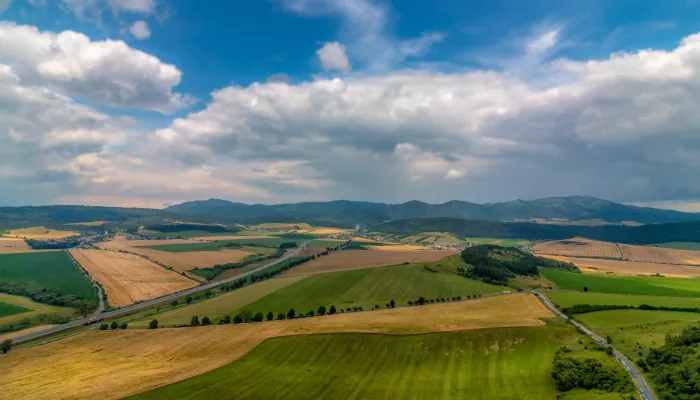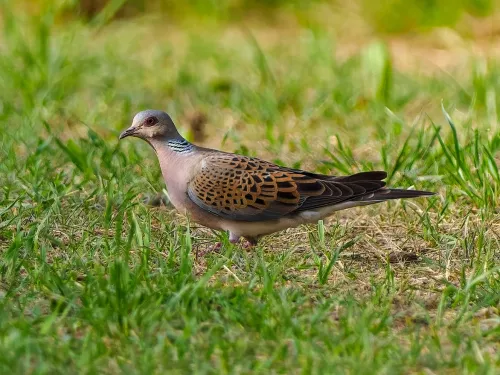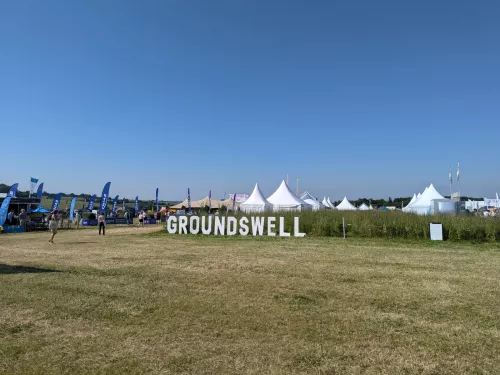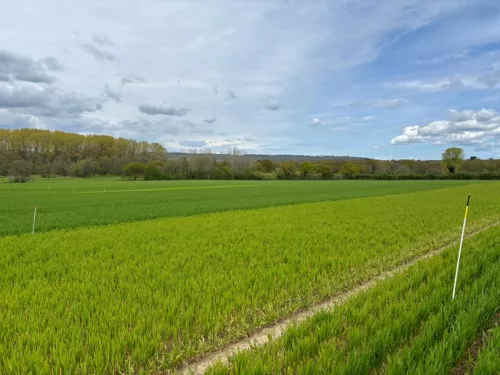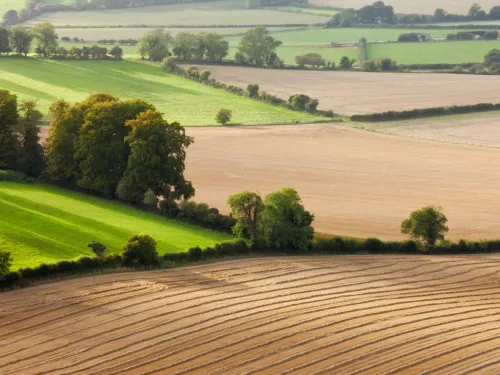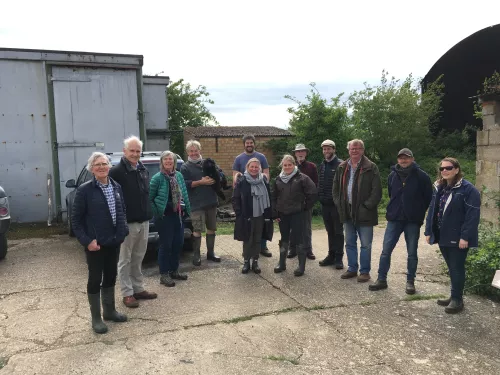
Farmer clusters
We believe that together we can achieve more than working in isolation - the sum of the group is greater than its parts! Farmer clusters help farmers and land managers to work together with ecologists and members of their local community to deliver more for wildlife and the environment than one individual could achieve alone. This is about delivering actions that support long-term farming and wildlife restoration at the landscape scale.

